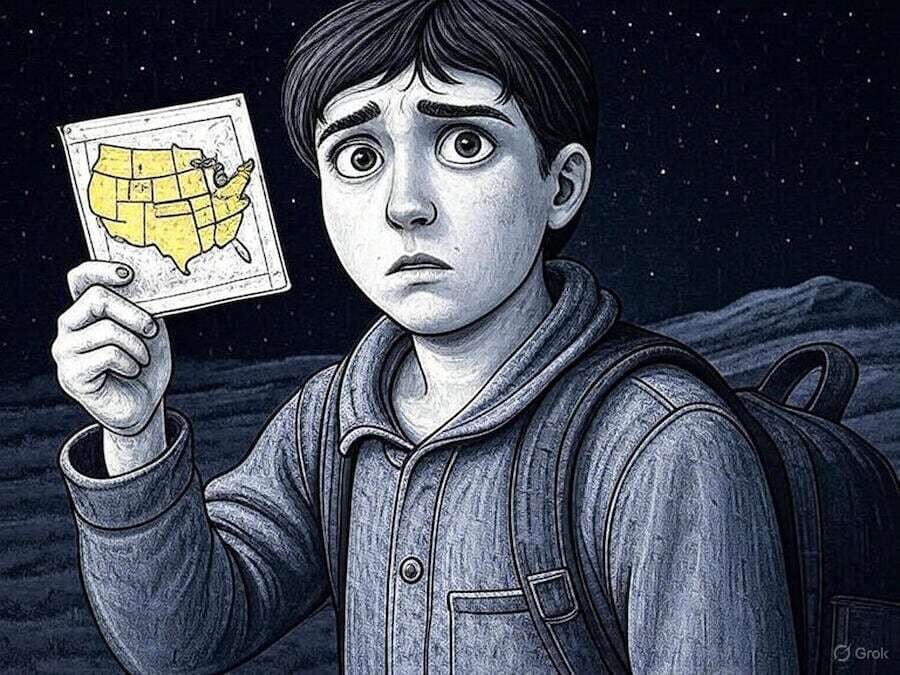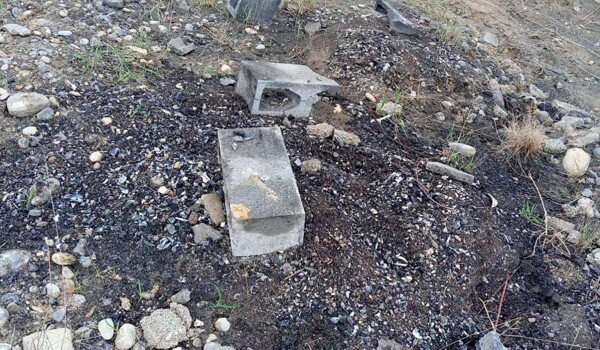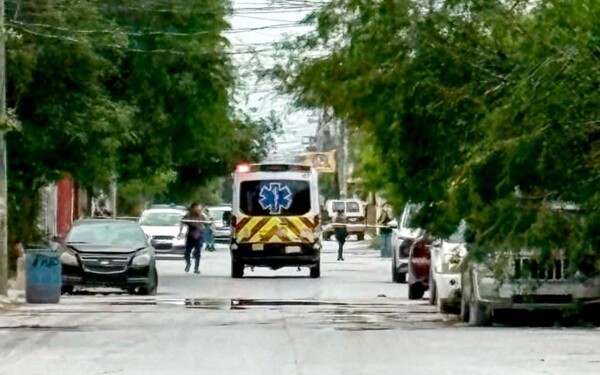
The study "Unaccompanied Childhood, risks and violence on the route through Mexico" conducted by Plan International and Save the Children in Mexico revealed alarming data about the situation of migrant children in border cities such as Reynosa, Tijuana, and Ciudad Juárez.
According to the report, about 80% of minors begin the migration journey accompanied by adults, but many are abandoned along the way due to deportations, kidnappings, or the deaths of their companions. In the case of Reynosa, it was noted that 58% of migrant boys and 77% of migrant girls are left out of the education system once they reach their destination.
Despite the prohibition of child labor, it was found that before migrating, many children were engaged in work: 27% worked in commerce in Reynosa and 47% in family businesses in Tijuana. The report highlighted a worrying increase in the number of girls and boys traveling alone to Mexico due to rising poverty and displacements linked to climate change.
Particularly alarming is that girls face sexual violence, gender-based violence, and exploitation when traveling alone in search of safety. The research showed that, once at the northern border of Mexico, many minors continued to live in unsafe conditions for months, with no access to adequate mental health services.
Emotional distress is considerable among migrant children and adolescents, especially those separated from their parents, who often do not understand why they are in shelters with little contact with their families. Despite the distressing situation, access to mental health services for this group is almost nonexistent in the studied cities.
The study conducted 155 interviews with migrant minors and caregivers in Reynosa, Tijuana, and Ciudad Juárez, revealing that, after escaping violence, many find themselves in overcrowded shelters and alone in unsafe neighborhoods, facing multiple dangers and with their rights violated. In the words of José, a teenager interviewed in Ciudad Juárez, "Organized crime has many ways to find and trap you."













